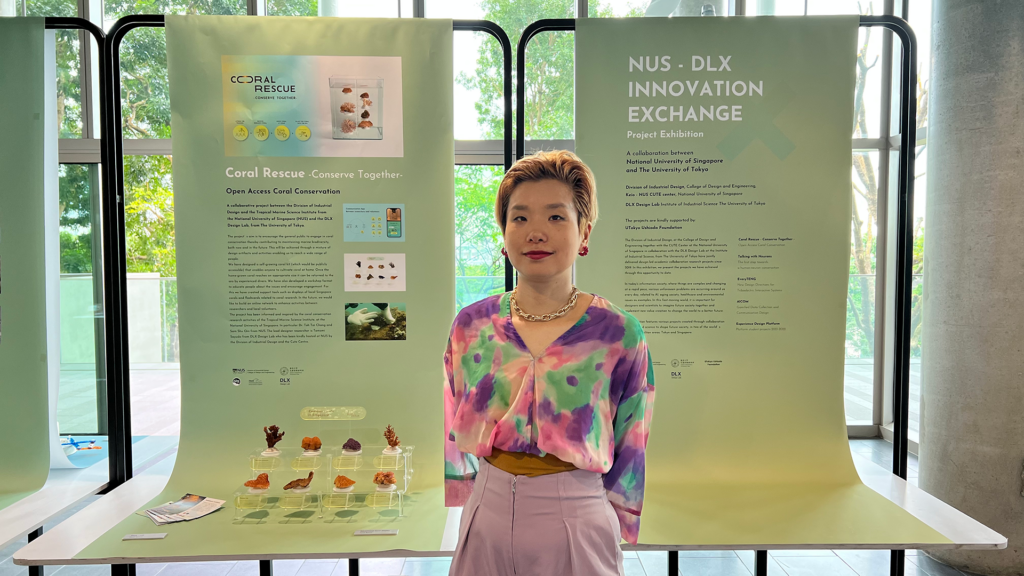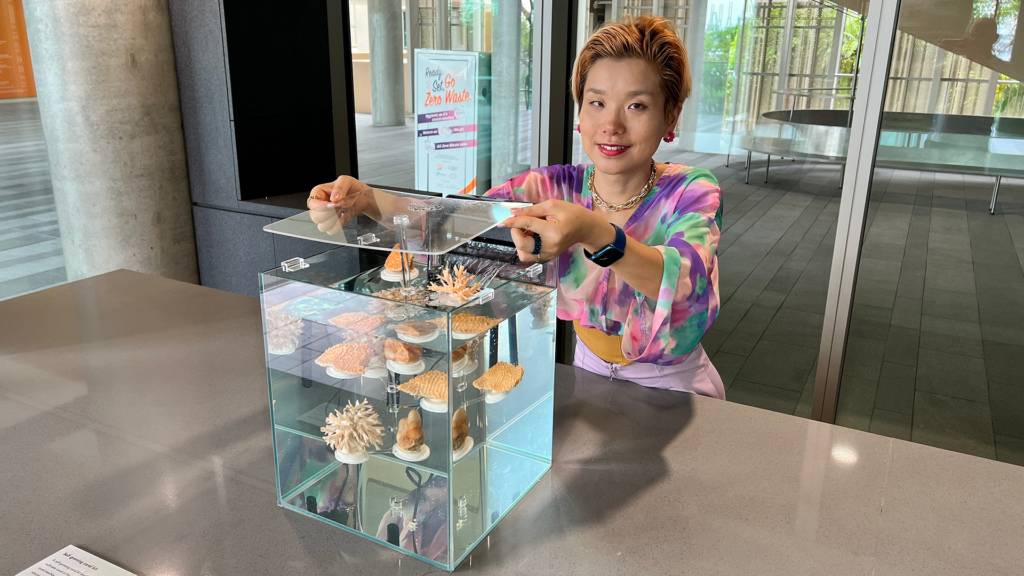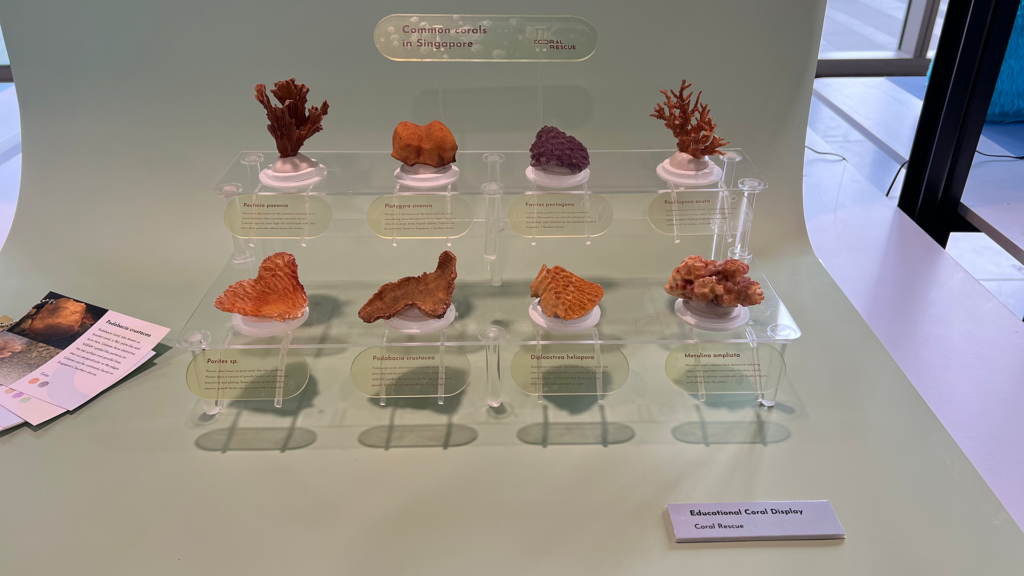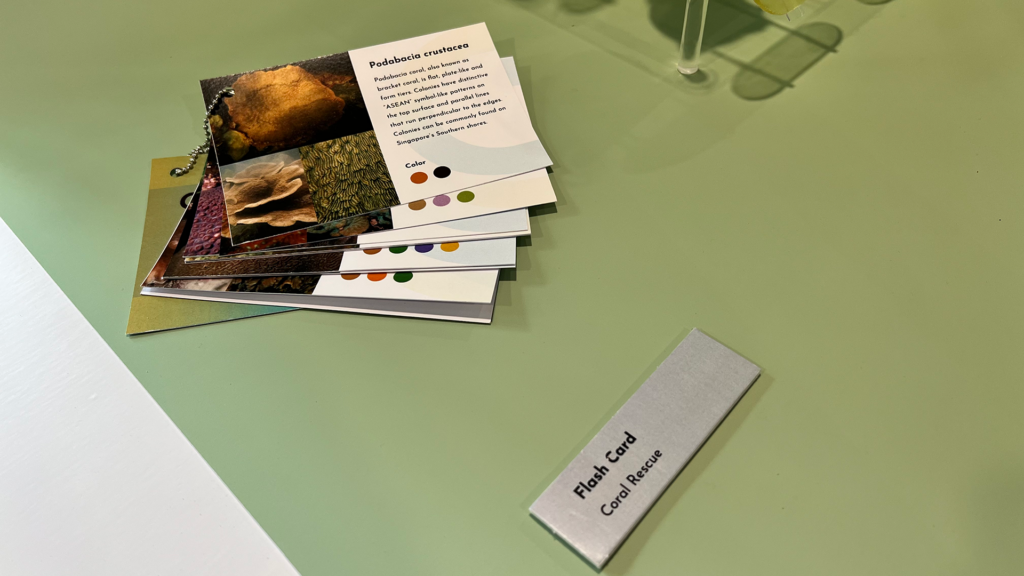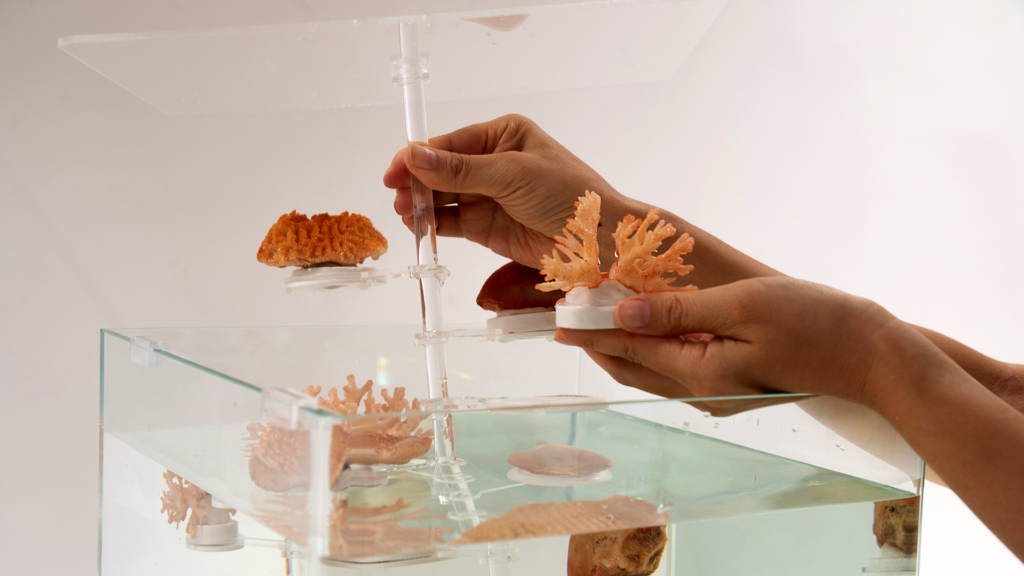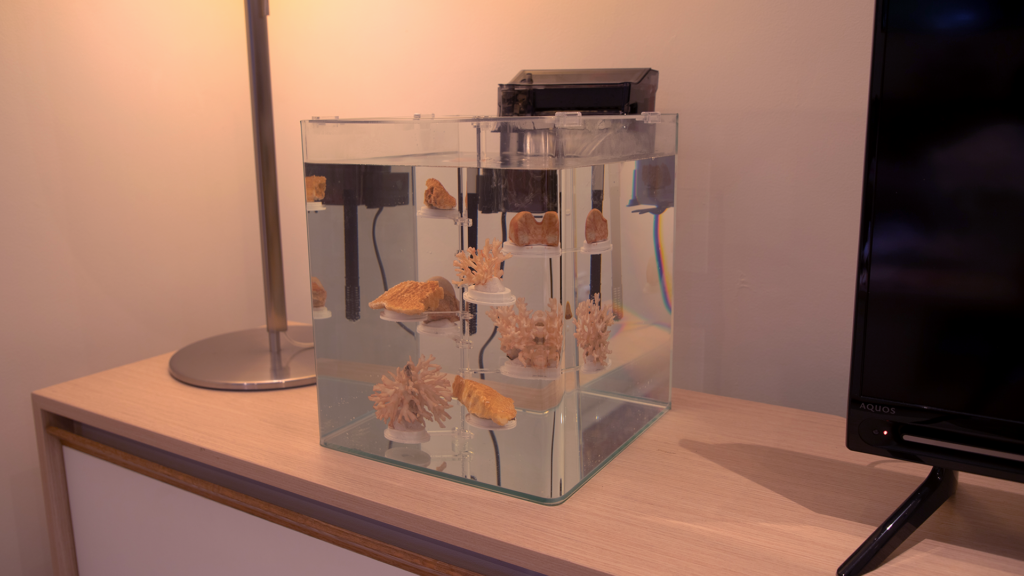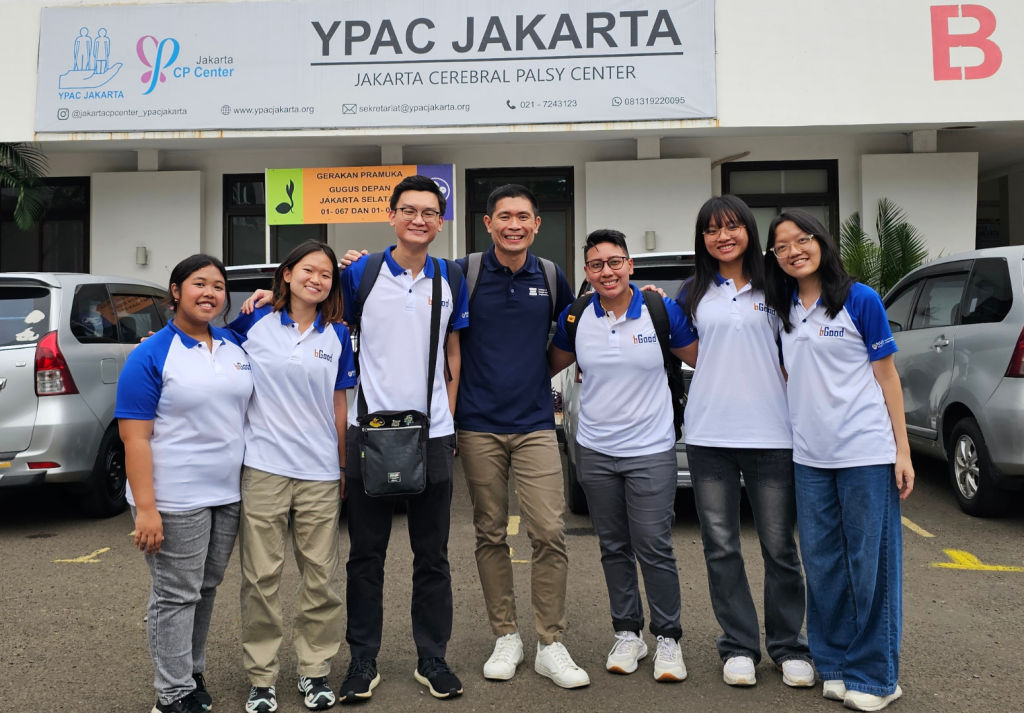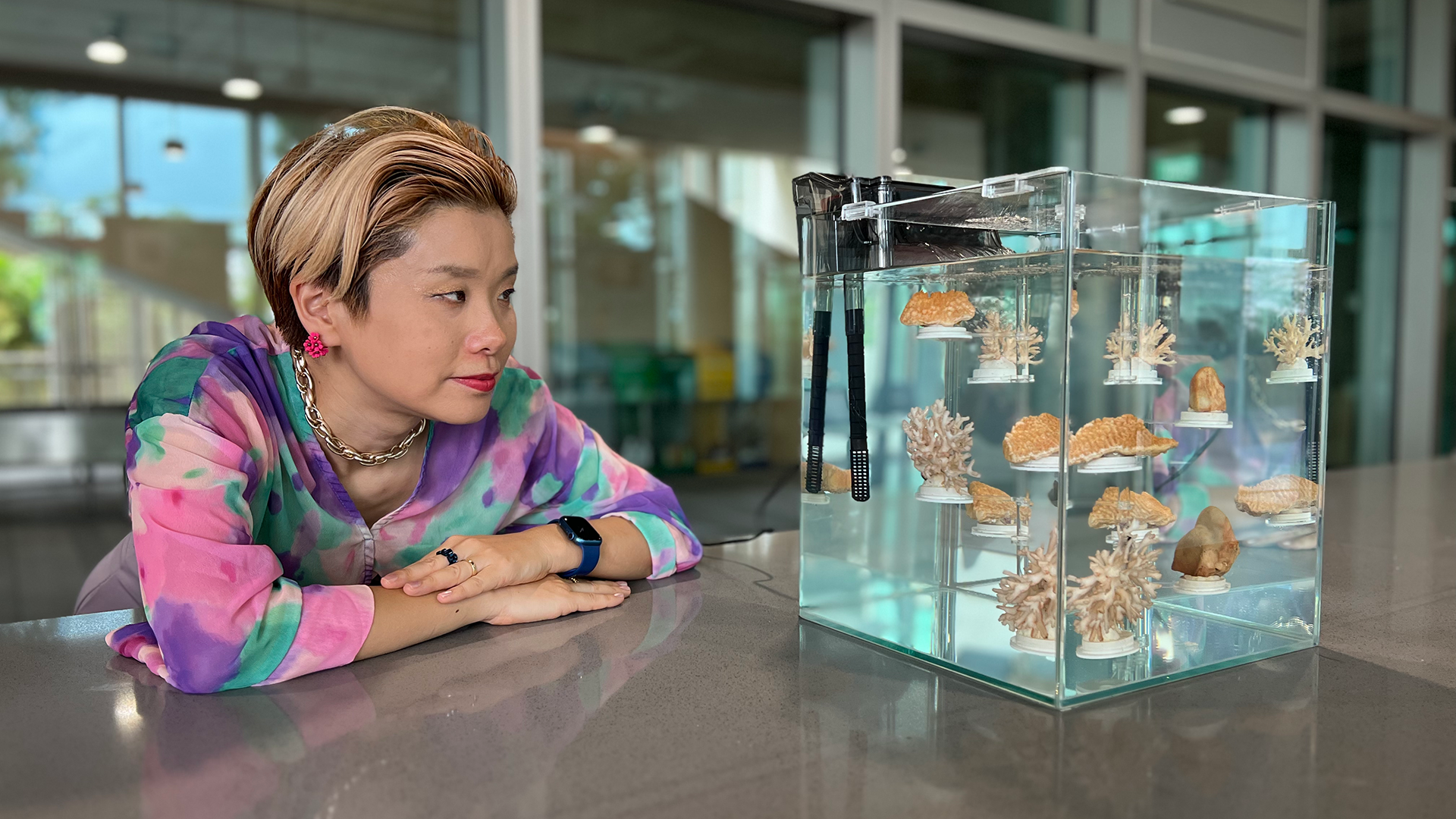
A self-growing coral cultivation kit that enables anyone to grow coral at home and contribute to maintaining marine biodiversity has been developed by a visiting researcher working at the Division of Industrial Design (DID) at CDE.
The Coral Rescue kit, designed by Tomomi Sayuda, a visiting fellow at DID from the University of Tokyo, centres around a specially-designed tank that enables members of the public to grow coral for eventual return to the ocean.
"This project aims to make marine science more accessible and provide opportunities for public participation in coral conservation," Ms Sayuda said.
Once the home-grown coral reaches an appropriate size it can be returned to the sea by experienced divers, helping to restore and maintain vital coral reefs that form the basis for the tropical marine ecosystem.
Ms Sayuda has been working at the DID for the past two years on a teaching and research exchange funded by the UTokyo Ushioda Foundation.
The Coral Rescue project, which is currently in the prototyping phase, takes an open access approach to conservation.
Gallery: Coral Rescue open access coral conservation
Aside from the tank, it includes a specially designed app to monitor and manage the coral growth.
The team has also developed a workshop format to educate the public about marine conservation and encourage engagement using tools such as displays of local Singapore corals and flashcards related to coral research.
The project evolved from a collaboration between the DID and the NUS Tropical Marine Science Institute as well as the DLX Design Lab, Institute of Industrial Science, at the University of Tokyo (UTokyo).
EDITOR'S NOTE: This design project is not intended to be implemented in Singapore. Corals are protected globally and members of the public should be aware that there are local regulations pertaining to the harvesting, rearing and transplanting of corals.
| NUS-DLX Innovation Exchange: Project Exhbition
Coral Rescue is one of a number of design-led academic research projects resulting from a collaboration between the DID, the CUTE Center at NUS and the DLX Design Lab. The projects, which aim to combine design and science to shape future society, are included in an exhibition of work from the collaboration held at the DID on December 8 and 9, 2022. |



